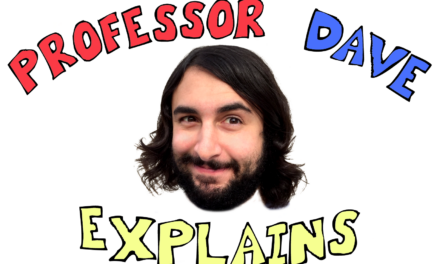Smartling co-founder and CEO Jack Welde has been building web-oriented products from the ground up since before even graduating college. His senior project was co-creating one of the earliest personal information managers, which was eventually sold to Apple in 1993. No matter the product or company, Welde says, “Wherever I was working, it always came to a point when sites needed localization to better serve their audience.”
Welde was well-positioned to come up with a creative solution. He had studied linguistics and computer programming in college; Welde, a combat-decorated Air Force pilot, also served in the armed forces for 10 years, including a stint living in Germany. In 2009, he co-founded Smartling, which offers products and services designed to help companies provide localized content at scale to accelerate time to market, provide high-quality translations, and reduce costs.
At a time when personalization is an industry-wide goal and increasingly necessary minimum condition for market success, Welde points out that “the most basic form of personalization you can provide is to provide content in someone’s own language.”
Trends He’s Watching
“Source content and multilingual content are merging: It’s all global content,” says Welde. He believes that more companies will embrace global content and communications as a whole, rather than siloing it into one primary language with translated variations. That points to a related need for an evolution in reporting and analysis across geographical borders, says Welde. “Businesses will ask themselves questions like, ‘Why does the French version of this content convert better than the German version? Is there something we should look to optimize to help the content perform better in all locales?’” He expects machine learning to help uncover the “appetite” for different types of content, right down to the specific wording that resonates best in each market.
Challenges He Faces
As Smartling’s platforms and tools have become more robust and powerful, there’s a risk that customers perceive them as overly complex. “There’s a challenge in making a fully featured product seem simple,” says Welde. He sees advantages to what he calls “spring cleaning” for companies whose products may have become more powerful at the cost of a framework that is easy for customers to understand. Welde is also mindful that payment mechanisms face their own globalization challenges, with different platforms preferred in different regions.
Dreaming Big
“It’s easier to create content than ever,” says Welde. “I would love the translation process to be integrated into workflow, rather than as an afterthought for organizations.”






